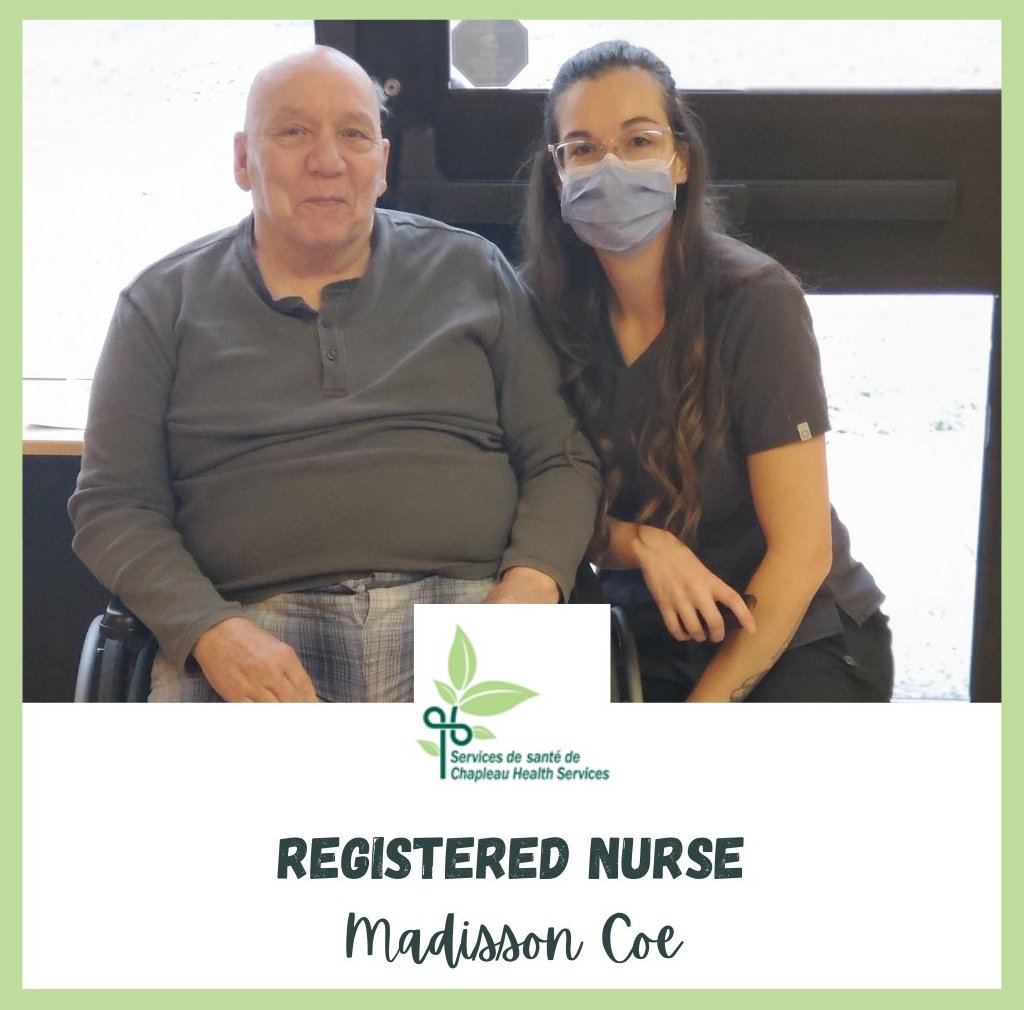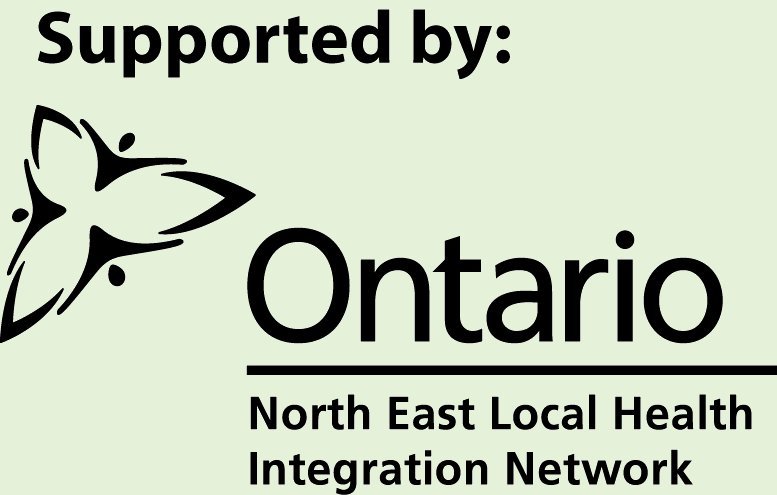Employee Spotlight

Q. How long have you been working for SSCHS?
A. It was two years in July.
Q. What made you decide to get into this field of work?
A. I had a lot of health issues as a kid. I was in and out of hospitals all the time. I always thought I wanted to be a doctor, but then I realized nurses were the most memorable. They were the ones that were always there. The doctor was in and out quickly and explained things, but the nurses were the ones that asked if you understood and if you were OK with everything. I was 16 and diagnosed with arthritis. The doctors would say, "You want to be a doctor when you grow up? Well, that's not going to happen." But the nurses would tell me to take it one day at a time and just see what happens.
Q. Can you describe what a typical day is like for you?
A. Right now we're full of ALCs so it's essentially long-term care work. We get everyone up, get them ready, and we act as support for them. It's daily support so they're able to complete their basic activities and emotional support because some people have limited access to family right now. Or you're in emerge where there's a little more variety.
Q. Who do you interact with the most at work?
A. Definitely the patients.
Q. How would your co-workers describe you?
A. If feel like I'm a bit more on the serious side at work. Everyone says I'm super organized. I like to think I am!
Q. What's the best part about your job?
A. Just being able to be there for people when nobody else really can. I've heard people say, "I'm really glad it's you that's here for my mom when I can't be." It's nice to be supportive to people in uncertain times, which is also the hardest part of the job.
Q. Why should someone consider a career with SSCHS?
A. As a new grad a lot of people told me not to come here because I wouldn't get a lot of opportunities, but that's not true. We're lucky in the sense that we don't have specialities like a code team, cardiology team, or urology team. We do all those roles in our hospital. I've gotten a lot more experience in a smaller setting than in a larger hospital. You have to learn how to improvise and think on the spot, and that's how you become very adaptable.
Q. What are some of your interests outside of work?
A. Reading is a big one, and then just probably spending time with my pets. I have a dog, two cats, a snake, and a lizard. There's never a dull moment.










